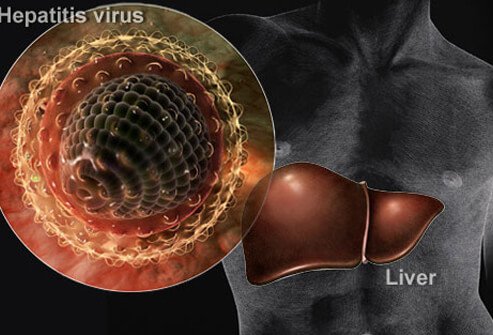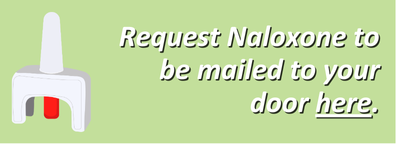Since March 2017, CDCs Division of Viral Hepatitis (DVH) has been assisting several state and local health departments with hepatitis A outbreaks, spread through person to person contact, that have occurred primarily among persons who are homeless, persons who use injection and non-injection drugs, and their close direct contacts. Information on local hepatitis A case counts and outbreak response is available on web pages for the locations affected by the outbreak (California, Kentucky, Michigan, Utah).
Currently, Lucas County has 0 cases associated with the outbreak in Michigan.
Hepatitis A Overview:
Hepatitis A is a serious, highly contagious liver disease caused by the hepatitis A virus (HAV). HAV is found in the feces (poop) of people with hepatitis A. You can get hepatitis A by eating contaminated food or water, during sex, or just by living with an infected person. Illness can appear 15-50 days after exposure and you can be sick for several weeks. In some cases, people can die. Although not all people infected with hepatitis A experience illness, symptoms can include:
- nausea and vomiting
- belly pain
- feeling tired
- fever
- loss of appetite
- yellowing of the skin and eyes
- dark urine
- pale-colored feces (poop)
- joint pain
There are steps you can take to reduce the risk of Hepatitis A transmission. Hepatitis A is a vaccine-preventable illness. While the hepatitis A vaccine is recommended as a part of the routine childhood vaccination schedule, most adults have not been vaccinated and may be susceptible to the hepatitis A virus. The best way to reduce the risk of getting hepatitis A is to get vaccinated with two doses of Hepatitis A vaccine. It is also recommended to wash your hands after going to the bathroom and before preparing meals for yourself and others. Use your own towels, toothbrushes, and eating utensils. Do not have sex with someone who has HAV infection or share food, drinks, or smokes with other people.
What can the public do to protect themselves and their communities?
- Wash hands after using the restroom and before eating or preparing meals for yourself or others
- Use your own towels, toothbrushes, and eating utensils
- Do not have sex with someone who has HAV infection
- Do not share food, drinks, drugs, or smokes with other people
- If you think you may have hepatitis A, see your medical provider
- If you have hepatitis A, please cooperate with your local public health to help protect others
- If recommended, get vaccinated against hepatitis A
For more information, visit CDC’s website for 2017 Hepatitis A Outbreaks. For additional questions, please call 419-213-4264 or 419-213-4161.





